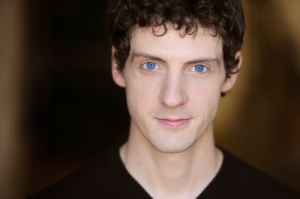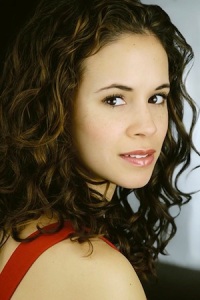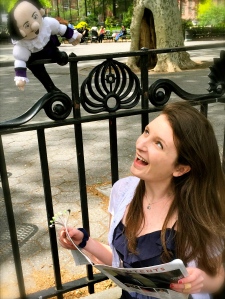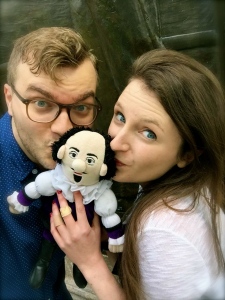Baize, Nowani, Alex and Will discuss some loves of the theater and Shakespeare’s Plays
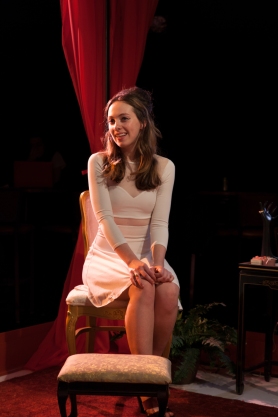
What sound or noise do you love?
ALEX -– Summer crickets.
BAIZE -What sound or noise do you love? My sister’s laugh.
What sound or noise do you hate?
ALEX -– Mosquitos.
WILL – My cat flipping over her water bowl. I don’t know what she wants from us.
Fun fact about yourself
ALEX -– I’m a bit embarrassed that the answers to my first two questions are both bugs.
What is your favorite Shakespeare quote or section of text from any of his plays and why?
NOWANI –
“The sweetest honey is loathsome in his own deliciousness”.
It’s the same friar speech in Romeo and Juliet that starts with:
“these violent delights have violent ends”
which is much more quotable, but
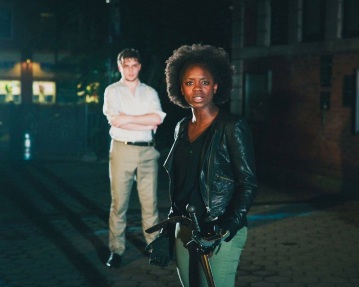 didn’t strike my fancy in the same way. I read the line in high school and
didn’t strike my fancy in the same way. I read the line in high school and
it jumped out to me as magic poetry and I’ve loved it ever since.
BAIZE –
“ O, not like mine, For mine’s beyond beyond ”
I love the breakdown of formal poetic language in this moment as Imogen attempts to explain her longing for Posthumus…nothing flowery or embellished, but the simple repetition of the word is its own kind of poetry all the same.
ALEX – Benedick and Beatrice’s church scene in Much Ado. When we were kids, my sister forced me to take a breather from Star Wars and watch Kenneth Branagh’s Much Ado. I’ve since found that play, and particularly that scene in its many versions, endlessly charming.
Who is your favorite character from A Midsummer Night’s Dream and why?
BAIZE – The mechanicals for their dedication and sweetness.
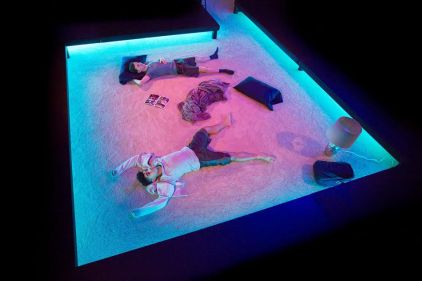 WILL – Francis Flute. He’s so exasperated and exhausted by all of this. He wanted to play a normal part in a normal play and he’s getting the exact opposite of that. My favorite line of the play comes after Quince says that no man but Bottom could play Pyramus and Flute replies, “No, he hath simply the best wit of any handicraft man in Athens”. Bottom’s just the best actor from their office. It’s such a real thing to say and Flute just wants to go home.
WILL – Francis Flute. He’s so exasperated and exhausted by all of this. He wanted to play a normal part in a normal play and he’s getting the exact opposite of that. My favorite line of the play comes after Quince says that no man but Bottom could play Pyramus and Flute replies, “No, he hath simply the best wit of any handicraft man in Athens”. Bottom’s just the best actor from their office. It’s such a real thing to say and Flute just wants to go home.
NOWANI – Puck- its such a zany character and you can always see how much fun the actor is having with the part.
What are you most looking forward to about this production in particular?
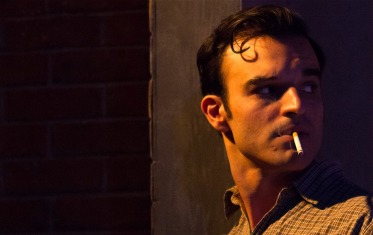
BAIZE – Performing outside in my home borough of Brooklyn.
NOWANI – I’m excited to see how the production changes from being in the park to going indoors.
Favorite Shakespeare performance
ALEX – Celine Purcell’s turn as Nick Bottom will forever echo in Shakespeare Camp history. At the tender age of 8, my sister’s rendering of Pyramus’ suicide was virtually a three act play.
WILL – Mark Rylance as Olivia in Twelfth Night.
Have you ever worked on this play before?
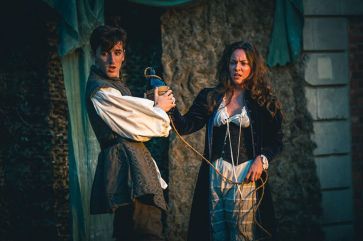
WILL –Yes! When I was 13 or 14, I was cast in a local professional production of Midsummer as Philostrate. I would come in with Theseus in the first scene, hang out backstage listening to the play, I had my scene with Theseus and then I would watch the Pyramus and Thisbe performance from the wings. It was amazing.
NOWANI – I have! I played Hippolyta, mostly I sat in a wedding dress while my ankles got attacked by mosquitoes. I look excellent in white and react poorly to mosquitoes, so it’s what I remember most.
BAIZE – I’ve worked on this play twice before….and both times I’ve played Helena!
For more information on Baize Buzan
For more information on Nowani Rattray
For more information on Will Sarratt
For more information on Alex Purcell

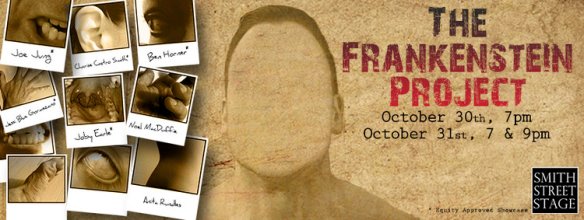
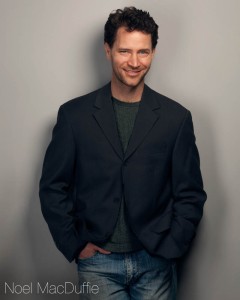 As I had never read the book before, I was struck by how articulate the monster was and the poignancy of his story. I realized I had to explore this. I am actually starting with the scene when Frankenstein and his monster first speak and then progressing into the monster’s story.
As I had never read the book before, I was struck by how articulate the monster was and the poignancy of his story. I realized I had to explore this. I am actually starting with the scene when Frankenstein and his monster first speak and then progressing into the monster’s story.